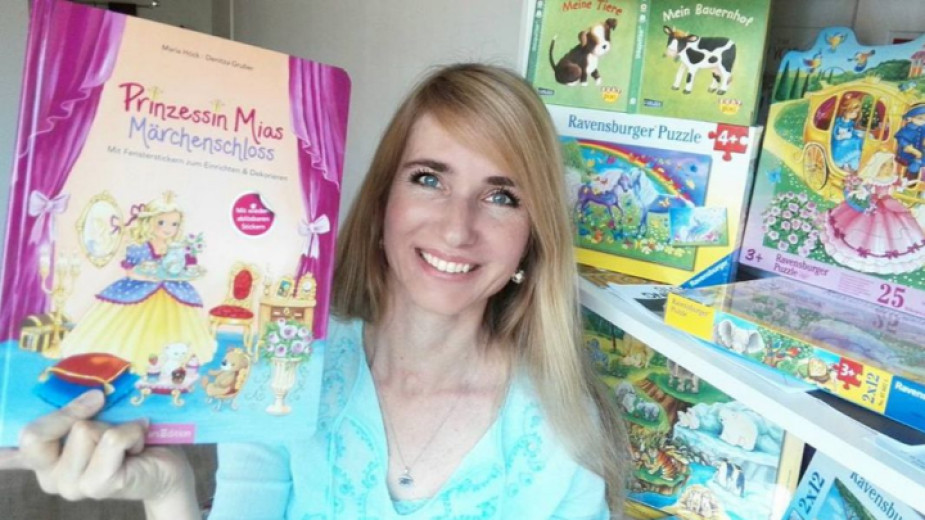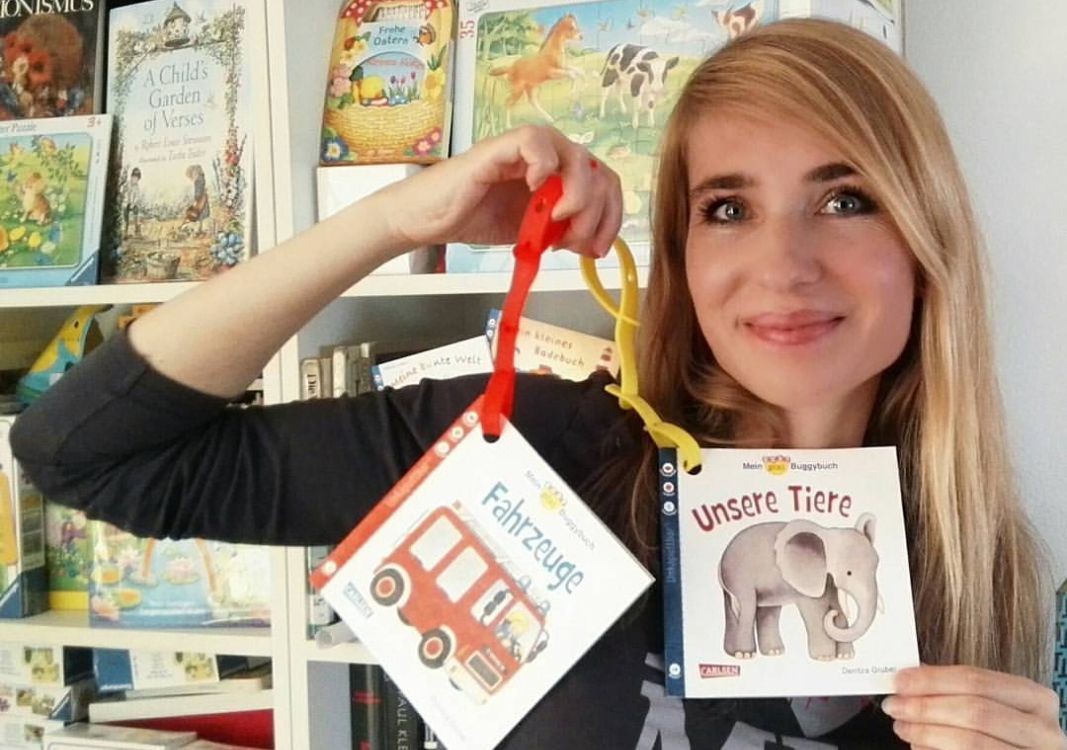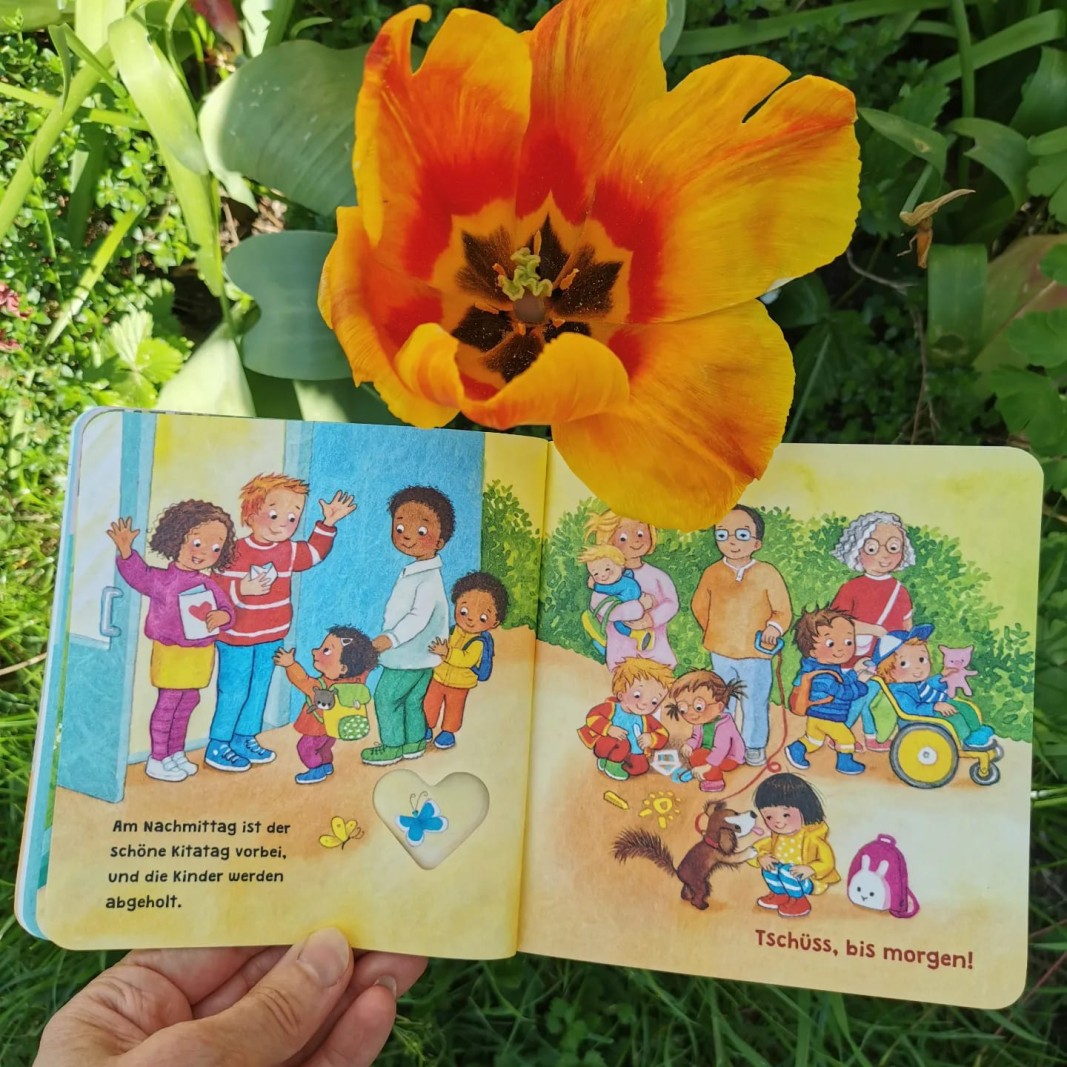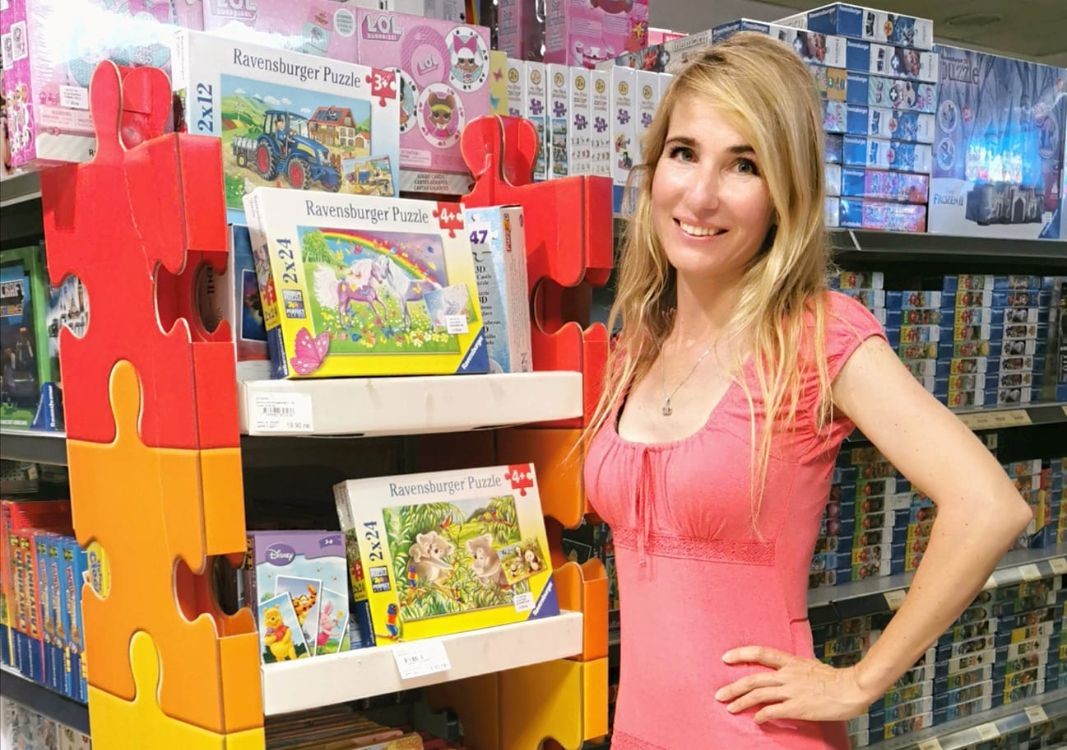 5
5




Her heart was moved by the plight of little souls who had been wronged by fate, and this motivated her to undertake a journey to the other side of the globe. Dr. Elena Shturbanova, a specialist in anesthesiology at the "Sveta Ekaterina" Hospital in Sofia,..
At first, when he first arrived in Bulgaria, Alexander Acosta Osorio felt isolated and a little confused because of the language barrier and the cultural clash. "At that time, there wasn't such a large foreign community here, and I was probably the..
Dr Maya Padeshka is one of a number of university lecturers beyond Bulgaria's borders who have dedicated their lives to spreading Bulgarian culture and language. Six years ago she won a competition organised by the Ministry of Education and Science, which..
At first, when he first arrived in Bulgaria, Alexander Acosta Osorio felt isolated and a little confused because of the language barrier and the cultural..
Her heart was moved by the plight of little souls who had been wronged by fate, and this motivated her to undertake a journey to the other side of the..

+359 2 9336 661
